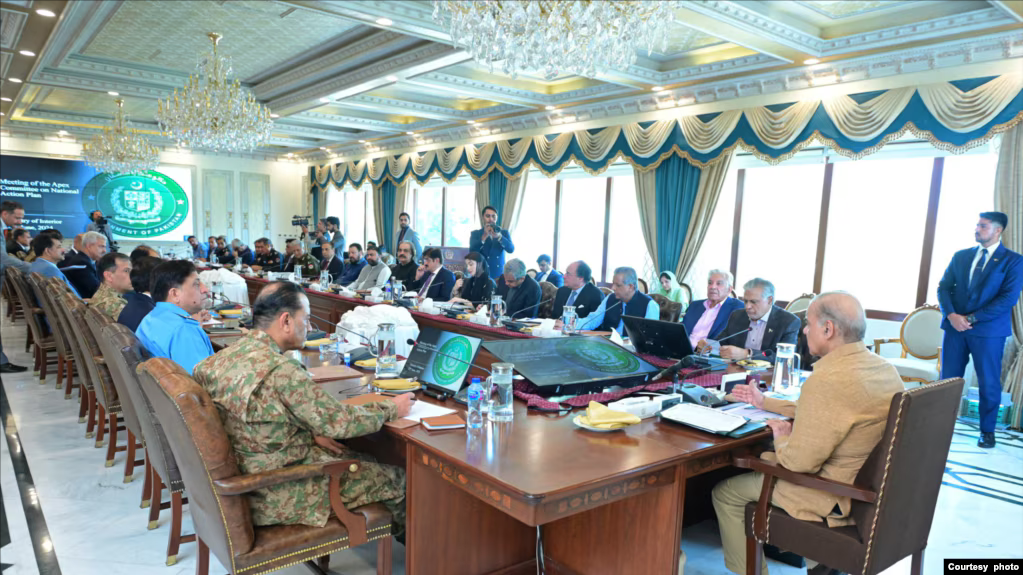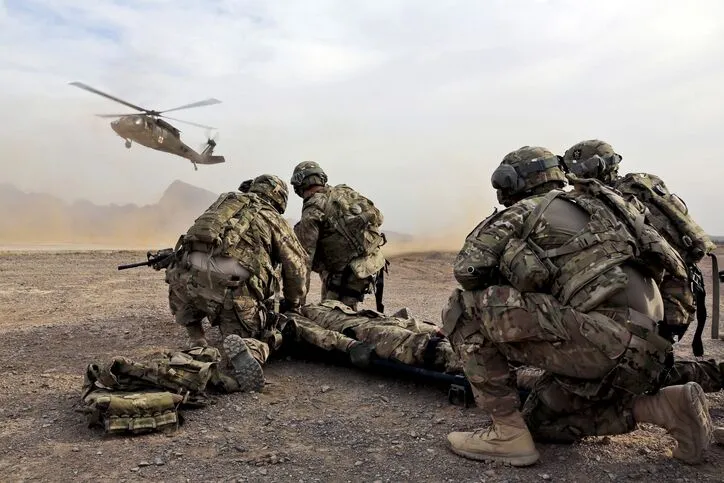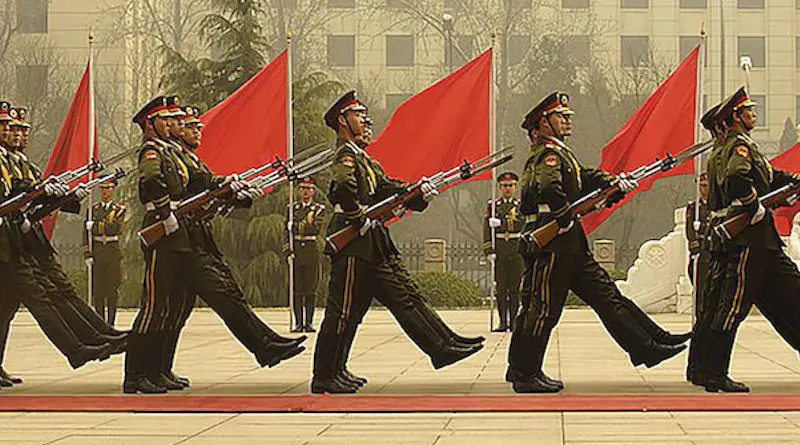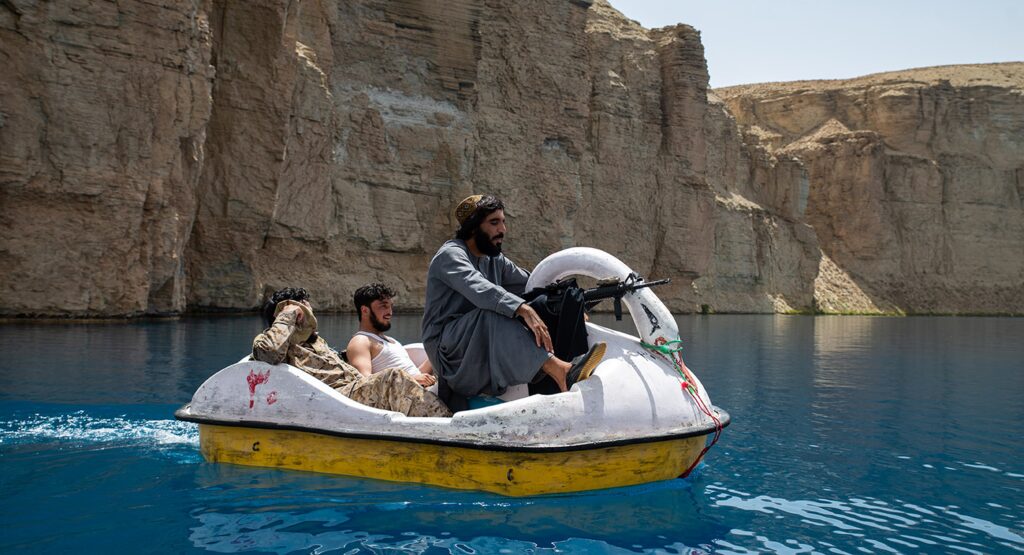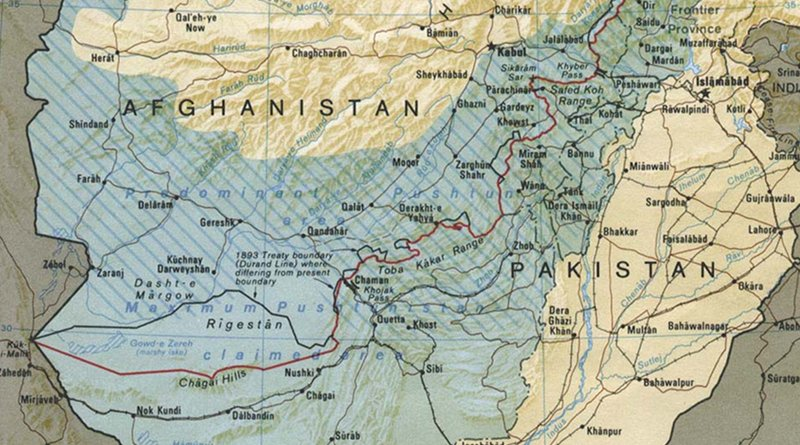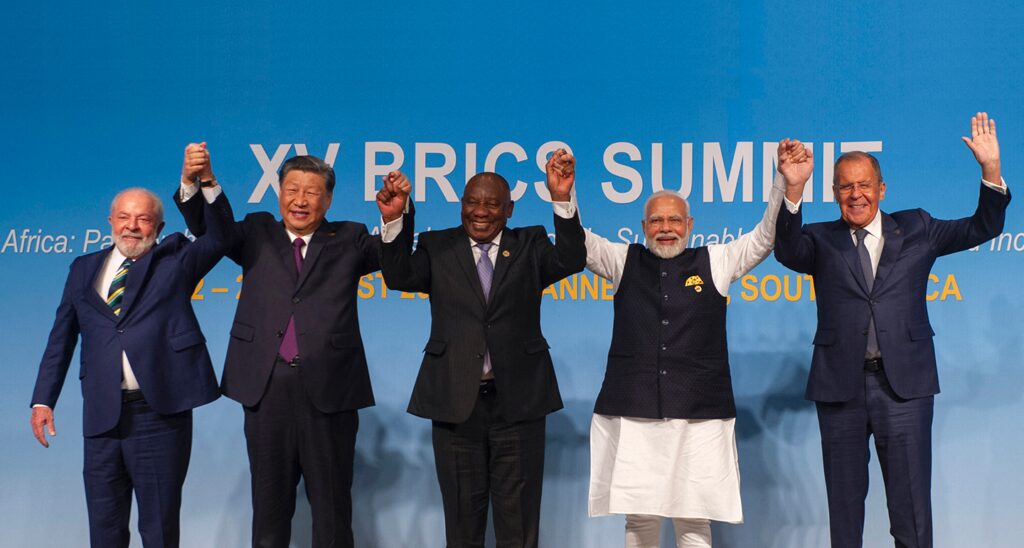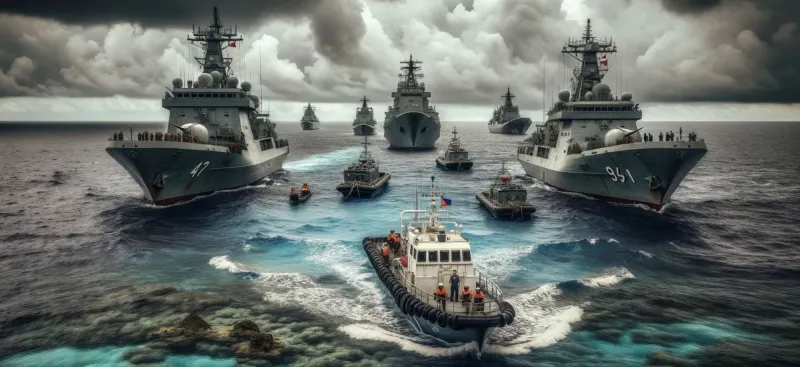Xi Heads To Central Asia Amid Waning Russian Influence
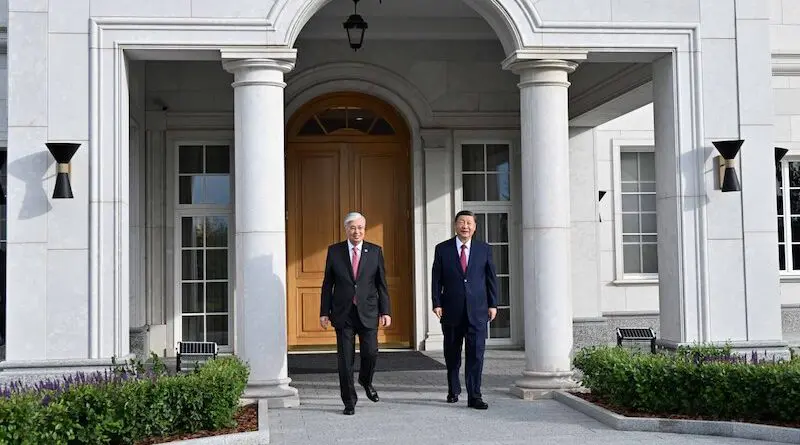
Chinese President Xi Jinping arrived in Kazakhstan on Tuesday morning for the 24th annual meeting of the Shanghai Cooperation Organization, a group created by Beijing and Moscow to manage their shared – and competing – geopolitical interests in Central Asia.

